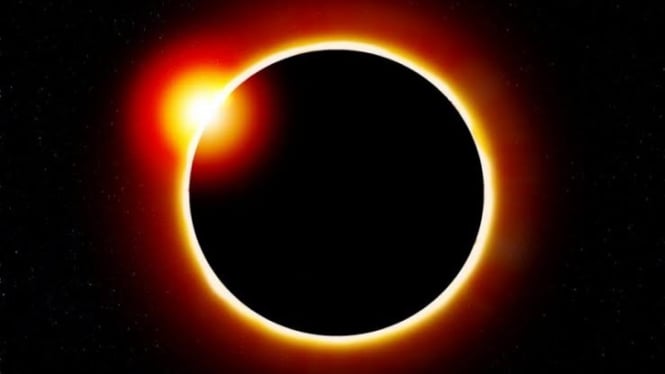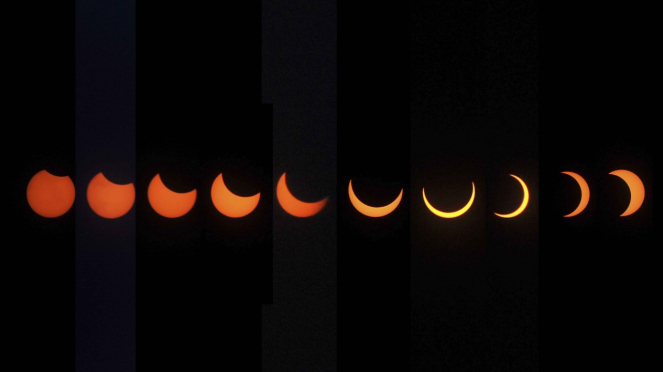Solar Eclipse Effects on Animals: They Can Do Unusual Things
- NU Online
VIVA – It turns out the Solar Eclipse does not only affect humans. A phenomenon like this will also make animals can do unusual things when the sky becomes dark due to an eclipse.
Most animals have very consistent reactions to day and night. Their behavior patterns follow the natural cycle of light and dark.
While pets generally follow the behavior of their owners, using human schedules as markers of their routines. Eclipse events can cause disruptions to the normal patterns of animal activity.
Most cats and dogs do not react to the eclipse at all until the peak time. At this point, many dogs and cats become slightly frightened.
This reaction could be because the internal clocks and routines of humans do not indicate that it is nighttime, but the sky and temperature tell their instincts that it is midnight. While dog behavior is more transparent than cat behavior, it has more to do with personality than the effects of the Solar Eclipse.
Gerhana Matahari Cincin
- ANTARA FOTO/Iggoy el Fitra
Effects of the Solar Eclipse on farm animals
From pet chickens to horses, the dark sky will make most farm animals react. However, many of them respond to temperature changes rather than light changes.
If the eclipse happens on a very warm day, once the Sun is blocked, the temperature will cool down quickly. Most farm animals begin to perform afternoon or evening rituals, such as grooming, sleeping, or eating.
Effects of the Solar Eclipse on wild animals
The effects of this event will probably be most pronounced on insects and birds. From crickets to robins, they will make louder noises than usual before the eclipse.
There will be more buzzing, chirping, and chattering than at any other time. Then, once the eclipse reaches its totality, everything goes quiet. Some birds will also change their chirping patterns, while others may fly in strange formations.
Effect of the Solar Ecplise on fish in the sea
Another unusual effect of the eclipse is also changing the behavior of fish. Some sources claim that fish started biting bait right before the eclipse. Scientists suspect that this behavior may be because fish forage for food in the morning and evening.
With the darkening sky, they may become confused, thinking that dusk has arrived and it's time to eat, leading to more biting.
Many wild animals also respond to solar eclipses because of their dim nature. Any animal that is most active at dusk and dawn, including deer, bison, porcupines, rabbits, coyotes, and others, will react to the dark sky. Animal instincts tell them it's time to start their nighttime routine of foraging, grooming, and getting ready for sleep.


























